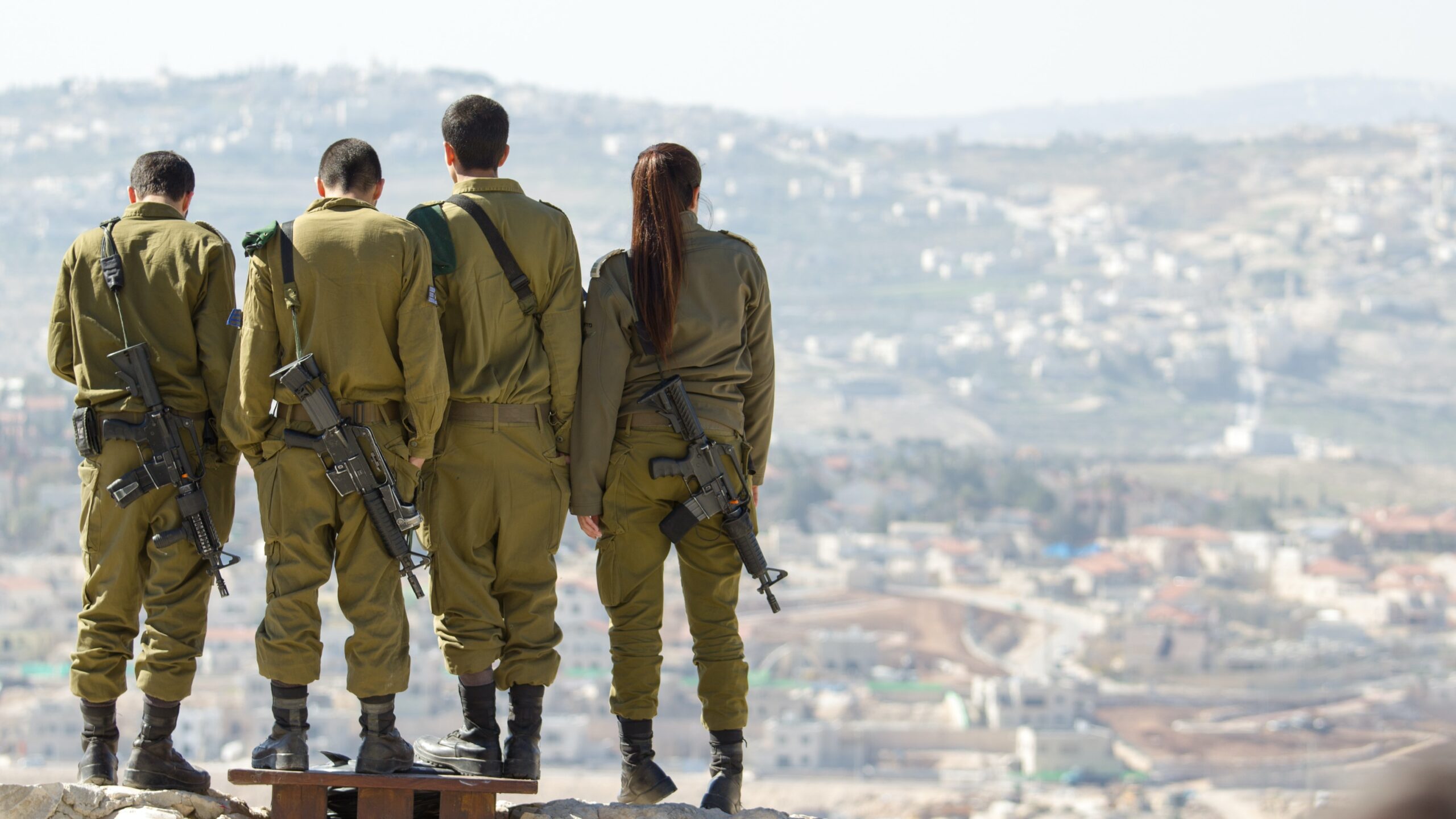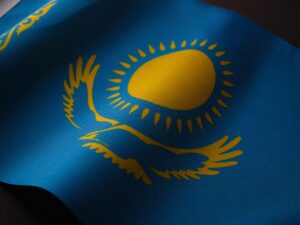
How has Central Asia reacted to the Israel-Hamas war?
The ongoing war between Israel and Hamas, which began on October 7, 2023, has drawn mixed reactions from the countries of Central Asia, a region that shares historical, cultural and religious ties with the Middle East. While some have expressed support for the Palestinian cause and condemned Israel’s actions, others have maintained a neutral stance or even offered assistance to Israel.
Among the most vocal supporters of Palestine are Iran and Turkey, two regional powers that have close relations with Hamas and other Islamist groups. Iran, which is widely suspected of supplying weapons and funds to Hamas, has denounced Israel as a “terrorist regime” and called for a united Islamic front against it. Turkey, which hosts the largest Palestinian diaspora in the world, has accused Israel of committing “genocide” and “crimes against humanity” in Gaza. Both countries have also sent humanitarian aid to Gaza and urged the international community to intervene and stop the bloodshed.
On the other hand, some Central Asian countries have adopted a more balanced or even pro-Israeli position. Kazakhstan, which has diplomatic relations with both Israel and Palestine, has expressed concern over the escalation of violence and called for a peaceful resolution of the conflict. Uzbekistan, which also maintains ties with both sides, has offered to mediate between them and host talks in Tashkent. Kyrgyzstan, which does not recognize Israel but has a sizable Jewish community, has condemned Hamas’ rocket attacks on Israeli civilians and urged both parties to respect international law. Tajikistan, which is the only Persian-speaking country in Central Asia and has a history of rivalry with Iran, has expressed solidarity with Israel and offered to send medical teams and supplies to help the wounded.
The most ambiguous position has been taken by Turkmenistan, which is one of the few countries in the world that does not recognize either Israel or Palestine. The isolated and authoritarian state has not issued any official statement on the war, but its state media has reported on the humanitarian situation in Gaza and the efforts of the UN and other countries to end the hostilities.
The divergent responses of Central Asian countries to the Israel-Hamas war reflect their different geopolitical interests, historical legacies and domestic dynamics. While some see themselves as part of the Islamic world and sympathize with the Palestinian plight, others value their economic and security cooperation with Israel and seek to avoid antagonizing it. Some also have their own internal conflicts or challenges that limit their involvement or influence in regional affairs. As the war rages on, Central Asia will continue to watch closely and adjust its stance accordingly.

